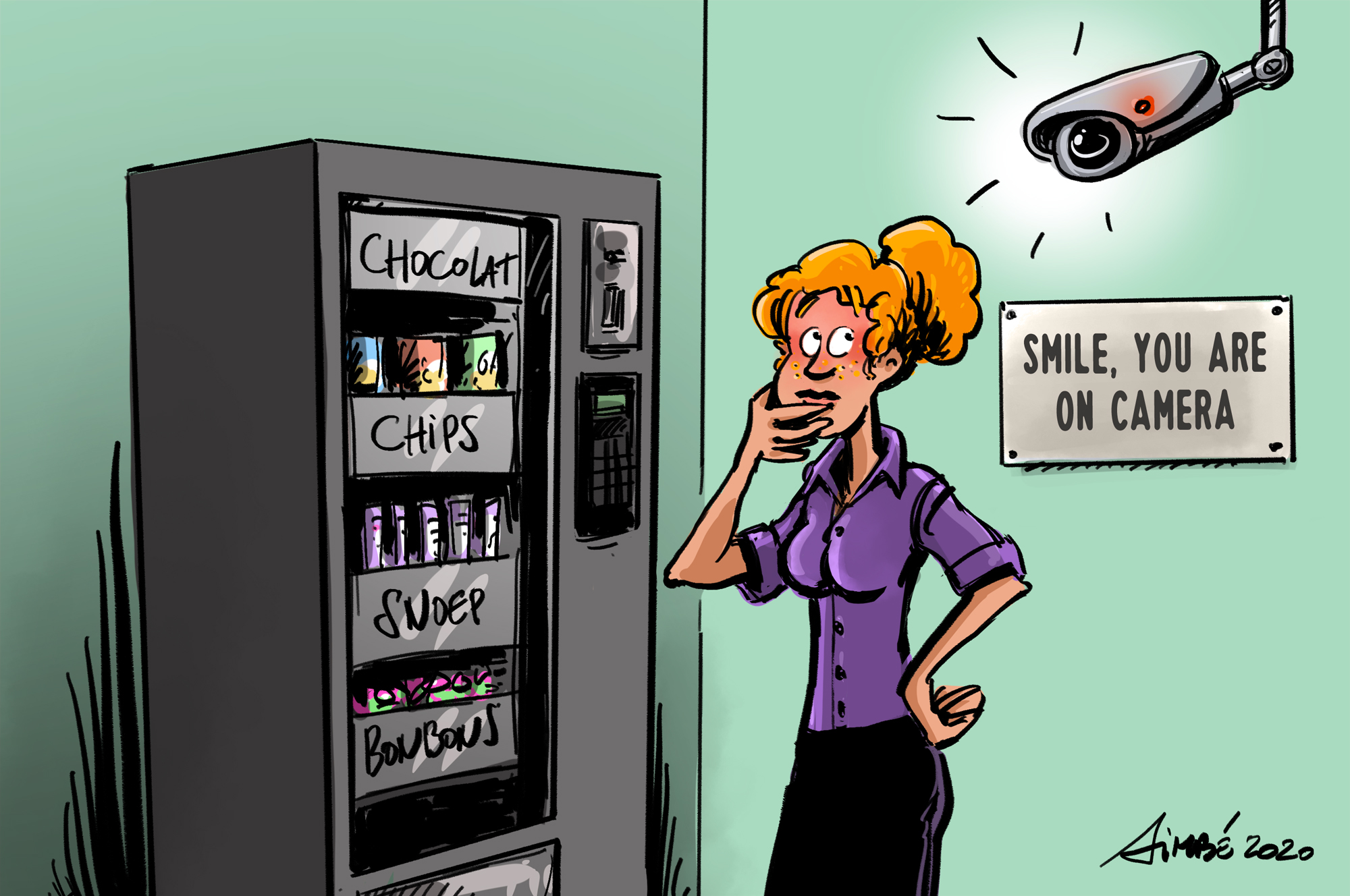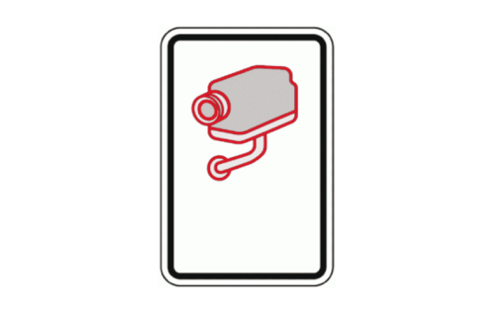- IP - Data Protection Law
- Camera Law , install a camera , surveillance camera , security camera , CLA No. 68
The installation of cameras in your home, business or organisation is governed by a whole range of specific laws and regulations. It is essential that you comply with them, as breaches result in sanctions. In the article below we explain the Camera Law which applies to surveillance cameras.
Cameras have become a normal part of every-day life.
In the same way as we became accustomed to sending e-mails and being contactable whenever and wherever, we have also got used to being continuously filmed. As soon as you leave your home, the chances are you will be recorded on a tape somewhere.
A limited number of these cameras are located in public areas, and are intended to protect public safety. A much greater proportion are privately installed and managed.
Installing a camera is not a difficult task in itself, but if you fail to respect the applicable legislation you risk having to pay fines and/or compensation.
So, it is very important to be aware of the legal obligations involved.
First of all, there is the Belgian Camera Law. This act only governs the use of surveillance cameras.
And then, privacy legislation applies, because each image of a person constitutes personal data.
Finally, in some cases, there are also specific regulations. These include the CLA (Collective Labour Agreement, “CAO”) No. 68, which governs the management of cameras in the work place, and the Police Service Act, which provides the legal context for police cameras.
In this article we will explore the Camera Law in more depth. The privacy legislation and CLA No. 68 will be discussed in a subsequent article.

The Camera Law
The Camera Law only applies to security cameras. These are cameras used with the aim of preventing, establishing and detecting crimes and preventing nuisance.
If a camera is used for several purposes, both types of legislation must be implemented (Camera Law and privacy legislation). This will be the case, e.g. for a security camera which is also intended to monitor the work of employees, in which case CLA No. 68 must also be implemented.
In principle, private individuals and professionals must comply with the law when installing security cameras. However, this is not the case for natural persons who install a surveillance camera inside their home for personal and household purposes.
The law provides specific individual rules and regulations depending on the place where the surveillance system is installed:
- An open (non-enclosed) area: e.g. the public highway. Only the municipal authority has the authority to install cameras here.
- An enclosed area accessible to the public: this is the case in, e.g. a concert hall, a shop, pubs and bars, etc.
- An enclosed area not accessible to the public: e.g. a house, an office block, etc.
When you decide to install a camera, you must respect the following practical duties laid down by the Camera Law:
1. Duty of Advance Declaration
First of all, you must declare your intention to install surveillance cameras to the Police Services. You must do this before the system is operative, on the website www.aangiftecamera.be (D) or https://idp.iamfas.belgium.be (F).
Even if you have previously declared your camera to Privacy Commission, you need to do this again.
After this, the declaration must be validated each year. So, the motto is: keep it up to date!
2. Provide a Pictogram
The most noticeable duty is that you must always clearly indicate the presence of a surveillance camera, by placing a pictogram at the entrance to the surveillance area.

As the legislation forbids secret use, it is essential to display this pictogram. A person who enters a place where notices indicate the use of surveillance cameras, is be deemed to have given advance consent for this processing.
This certainly does not mean that the cameras themselves must be visible. The visitor must simply be informed – by means of the pictogram – that he will be filmed.
3. Keep a Register of Processing Activities
Since amendment of the act in 2018, the data controller for a surveillance system is also obliged to keep a register of image-processing activities. In it is to be kept relevant information concerning the surveillance systems and the processing of the data collected.
Thus, this register must contain, amongst others, the following data:
- The legal basis for the processing of data;
- The description of the system and cameras used;
- The categories of persons filmed and recipients;
- Who has access to it, and how it is viewed.
This register must always be kept available for the Data Protection Authority. Police services can also request access to it. So, in this context, this register will also form part of the data processing policy of the company or organisation.
4. Additional Rules
Aside from the three essential practical obligations shown above, the Camera Law also sets out the following important stipulations:
- In principle, images made using the surveillance cameras may be kept for a maximum of one month (in specific cases, this can be three months).
- The data subjects are always entitled to access the images. A simple request to the data controller is sufficient for this.
- The surveillance cameras can never breach a person’s intimacy, or be intended to obtain religious, political, trade-union, or other sensitive personal data.
5. Who is responsible for compliance with the Camera Act?
This is the person or enterprise which establishes the aim and means of processing personal data. In practice, this is the party who gives the instruction to install the cameras.
6. Which sanctions do you risk?
The Camera Law imposes criminal fines of 100 to 10,000 Euros for more minor infractions, and of 250 to 20,000 Euros for the more serious breaches. These include lack of access for data subjects, and infringement of the ban on processing sensitive data. So, this can be very costly.
In our next article on the installation of cameras we will discuss privacy legislation and CLA No. 68.
For further information or assistance relating to the installation of cameras, count on the Seeds of Law team, +32 (0)2 747 40 07 or info@seeds.law.
Read also


